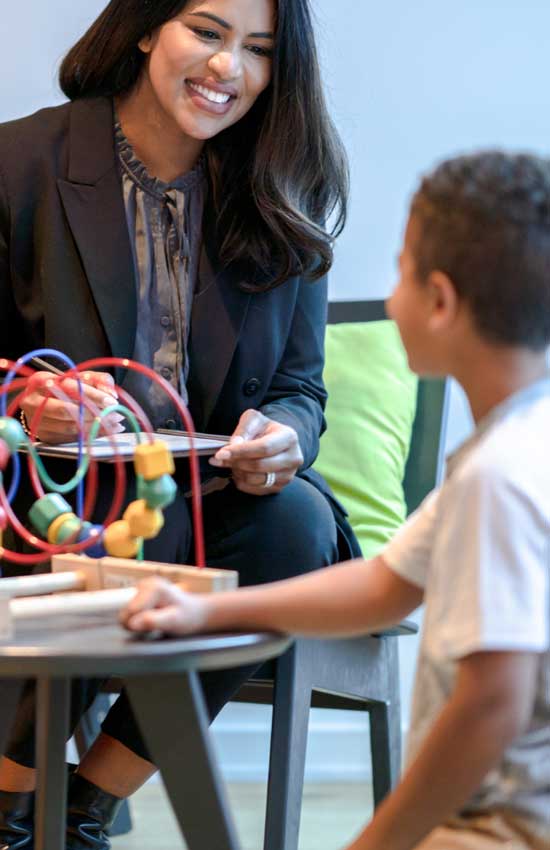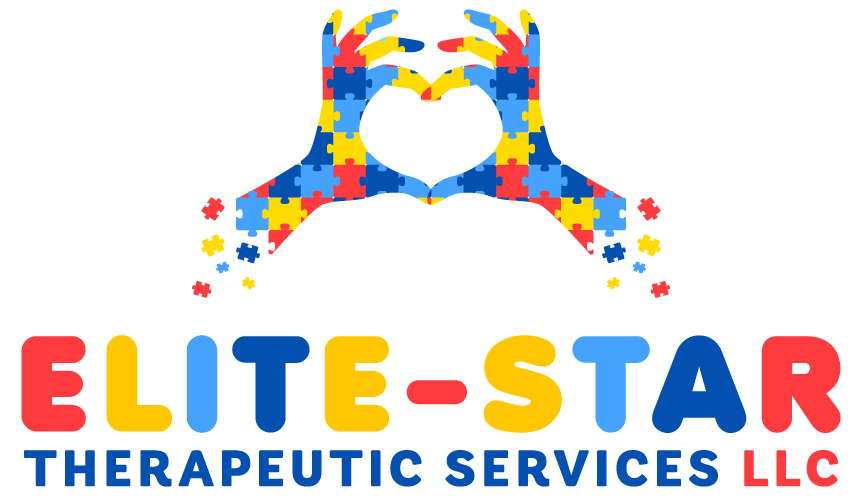Our Services
Our therapeutic approach is to use our client’s strengths and interests to create personal growth and powerful change.
Early Intensive Developmental and Behavioral Intervention
This service provides medical treatment to individuals under the age of 21 who are under Medical Assistance (MA) with autism spectrum disorder (ASD) or other related conditions. EIDBI provides a range of individualized, intensive developmental and behavioral interventions that target the functional skills and core deficits of ASD and related conditions. EIDBI promotes optimal child independence and participation in family, school, and community life. EIDBI services educate and support families, reduce stress, and improve long-term outcomes and quality of life for children and their families.
How Does EIDBI Benefit Your Loved One and Your Family?
- This program helps educate, train, and support family members of individuals with ASD and related conditions.
- It promotes the individual’s independence and participation in family, school, and community life.
- It enhances long-term outcomes and the individual’s quality of life, as well as their relationships with the people they care about.
- We provide in home and school, community based ABA services


Home Base ABA
For many children, home-based or community-based ABA is an excellent treatment option. It allows them to learn in their familiar home environment, making it easier to generalize skills to real-life situations and public places like libraries, grocery stores, splash pads, and schools.
When our BCBAs and RBTs work with your child at home, we understand your family’s unique needs and develop solutions to help your child grow and thrive.
Benefits of our Home and Community-Based ABA Program:
- Flexible Scheduling: Older children can receive home-based ABA after school hours, and we can accommodate nap schedules for younger children.
- Convenience: Therapists come to your home, making it easier for the whole family.
- Generalization: Your child can practice ABA in settings where they struggle, whether at home, school, or other community places.
- Ongoing Parent Training: Therapists can coach parents in real-time during home sessions, providing consistent support.
- Therapy for Older Children: While clinics often cater to early learners, home-based settings are an excellent alternative for older kids.
School & Community based ABA
ABA therapy is a scientific, behavioral approach. It’s a developmentally centered approach that capitalizes on learning by increasing opportunities and using the things your child already enjoys to teach them new skills.
By utilizing basic principles of behavior, special techniques and positive reinforcement, ABA therapy can bring about significant, measurable change. It’s a way to shape and mold actions for effective communication and learning. It has been proven to improve attention, focus, social skills and memory, as well as teach children other coping strategies and communication to reduce challenging behaviors such as aggression and self-injury.
Using ABA to teach consists of breaking down activities into smaller pieces in order to tackle larger goals. It may take a little longer for kids with autism to learn certain tasks that come naturally to others, often because their minds work in a different way. Our goal is to give them the attention and means to the same opportunities so they can reach their own goals.


Family Therapy Services
There are various approaches and techniques professional mental health providers utilize in family therapy. Four common types of family therapy include Cognitive Behavioral Therapy, Systemic Family Therapy, Structural Family Therapy, and Narrative Therapy.
- Functional Family Therapy (FFT): Used primarily for families with children exhibiting behavioral issues, FFT focuses on understanding family dynamics that contribute to these behaviors, enhancing communication and parenting skills, and promoting positive reinforcement.
- Marriage Counseling/Couples Therapy: Conducted by Licensed Marriage and Family Therapists (LMFTs), this therapy helps couples address problems such as communication, child-rearing, finances, and mental health issues, aiming to foster solution-oriented discussions.
- Strategic Family Therapy: This short-term approach aims to make constructive changes in family structure and behavior, particularly useful for families dealing with children’s behavioral problems, emphasizing the family’s central role in a child’s life and development.
- Structural Family Therapy: This method examines a family’s internal relationships, boundaries, and hierarchies to foster positive change through direct interactions among family members, guided by a therapist to help find new ways of relating to each other.
- Systemic Family Therapy: Focusing on the broader context of a family’s issues, this approach considers multiple environments such as cultural, religious, and socio-economic factors. It emphasizes understanding how these contexts impact the psychological and emotional well-being of family members.
